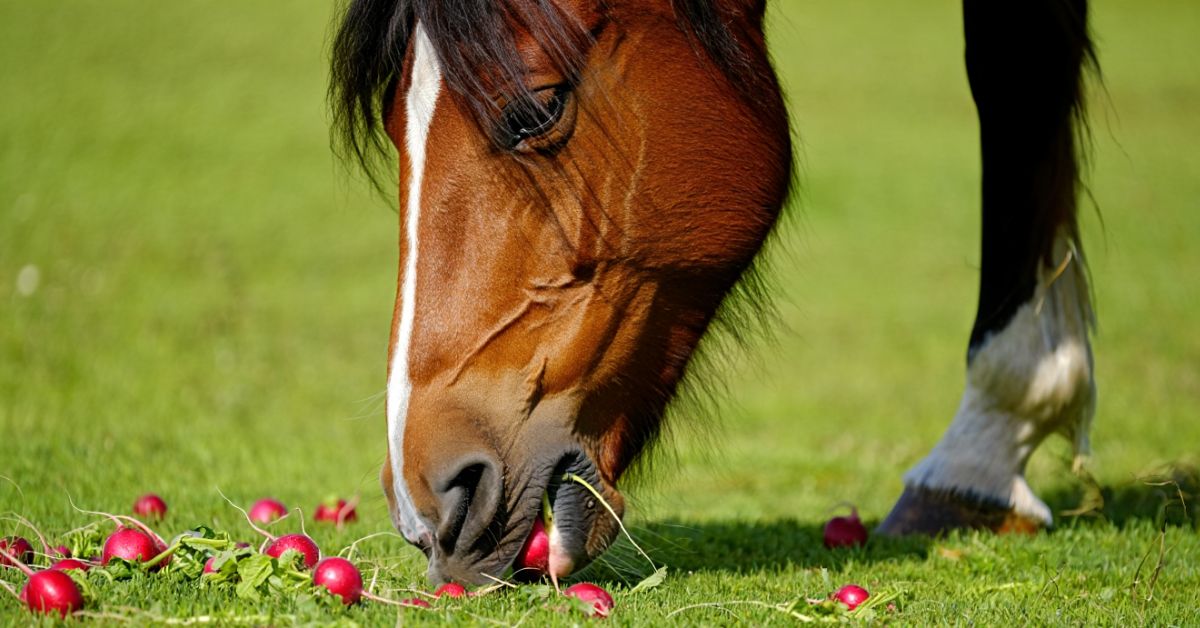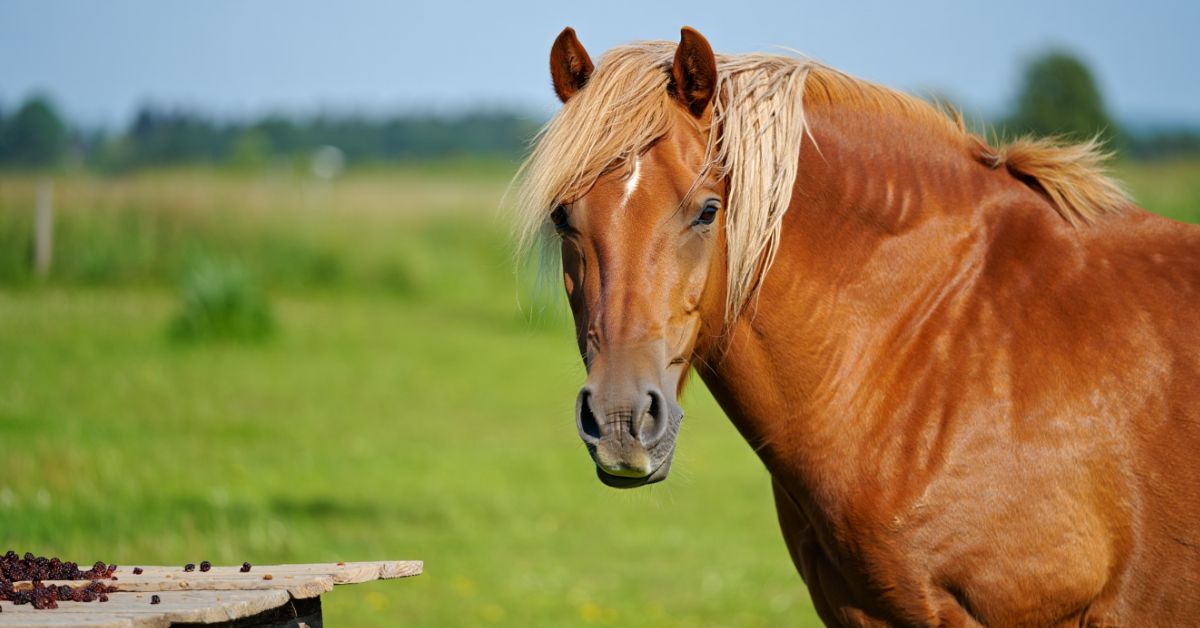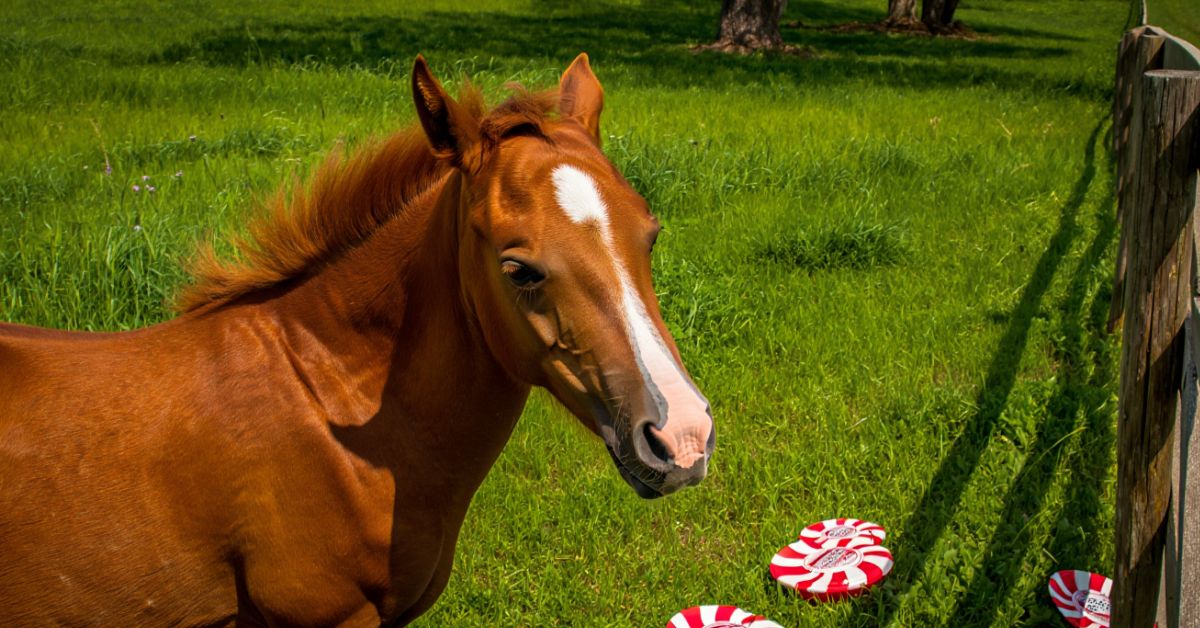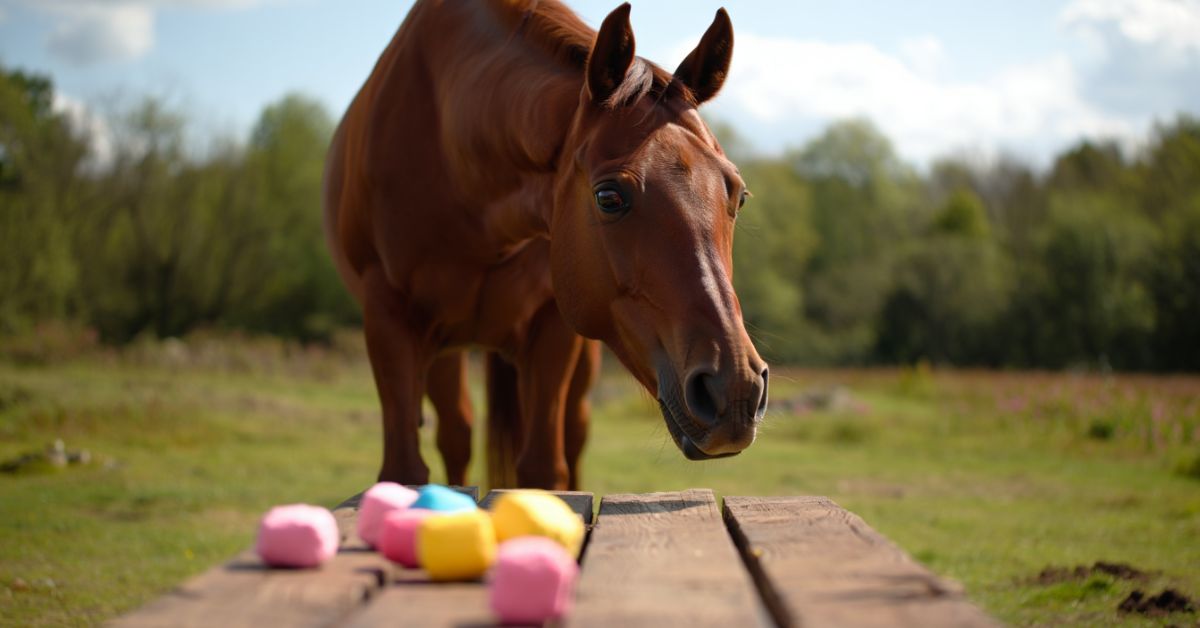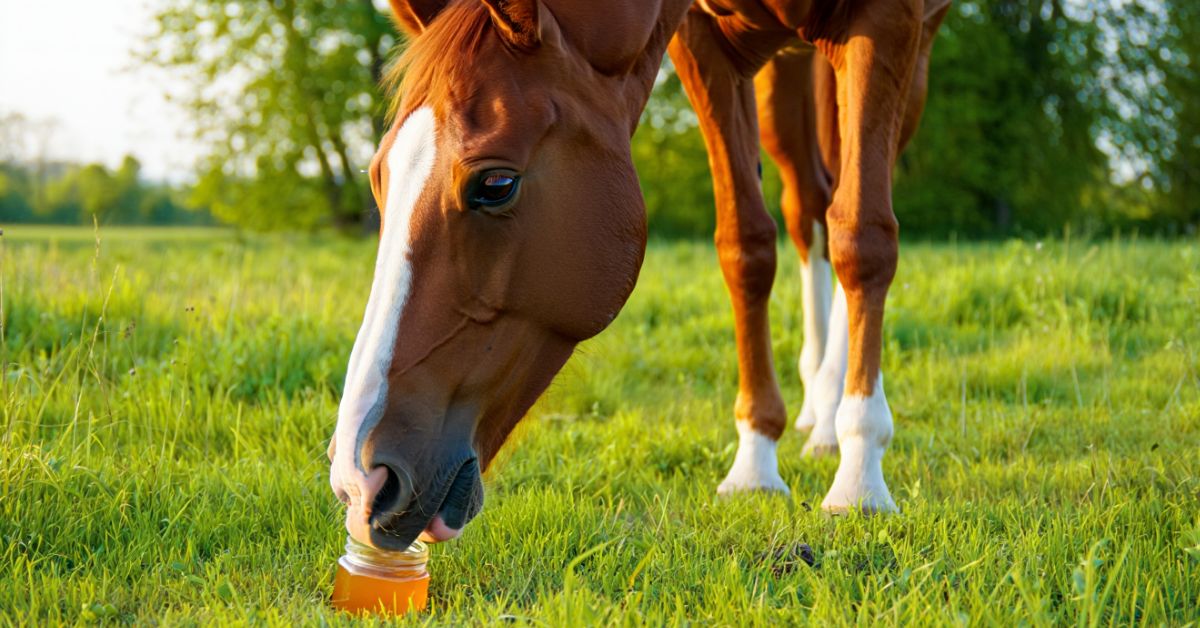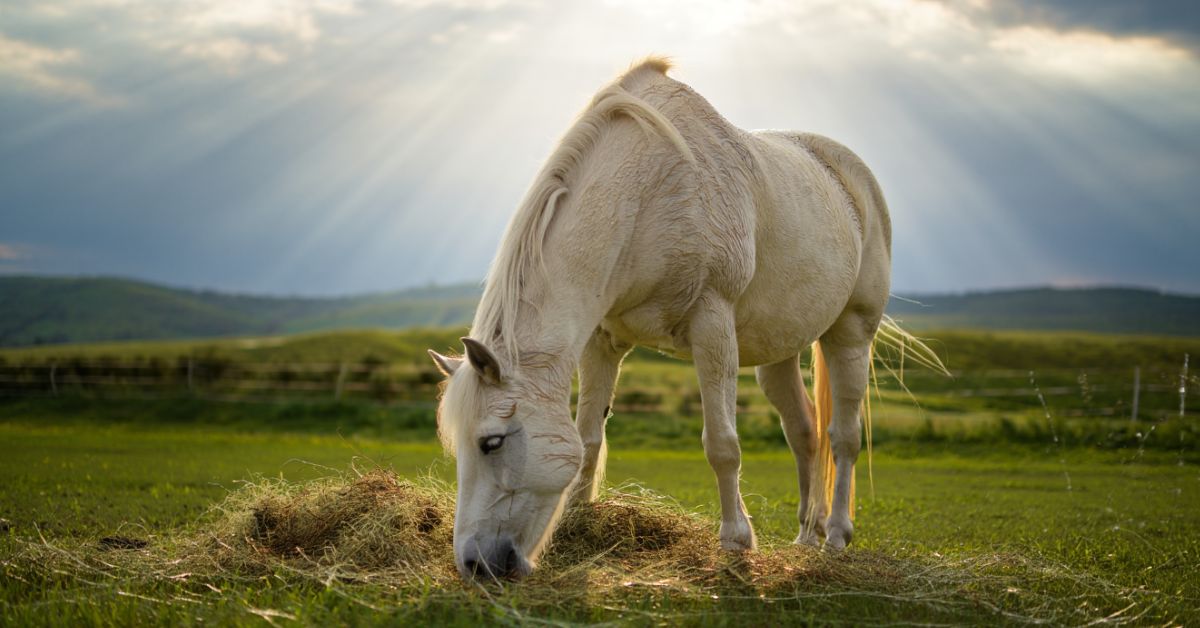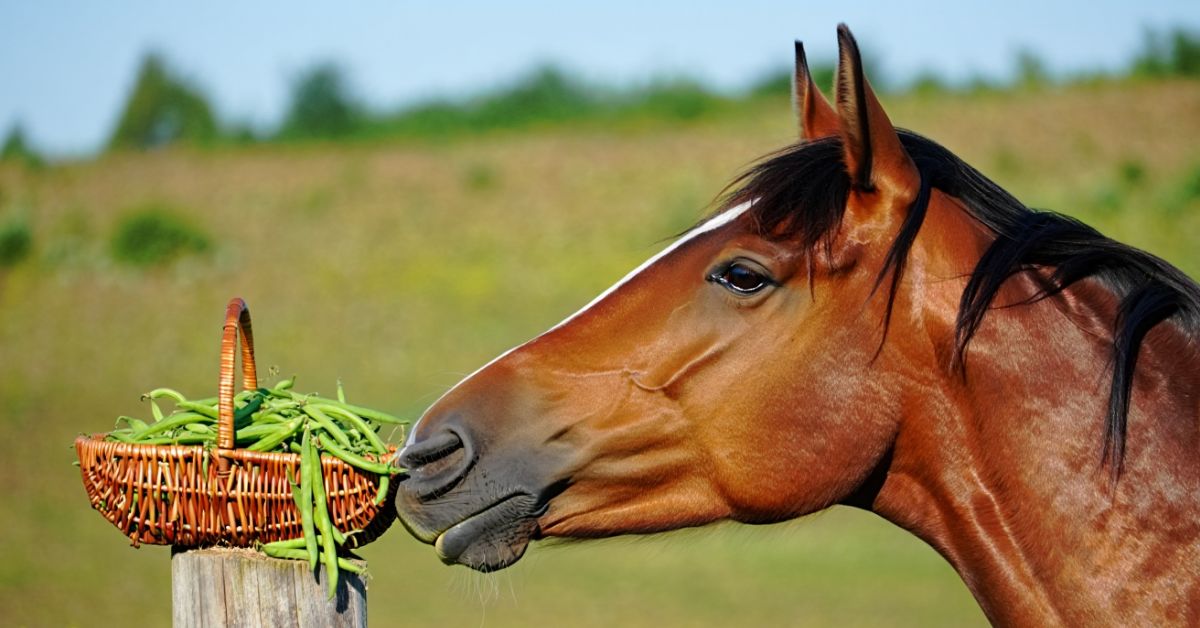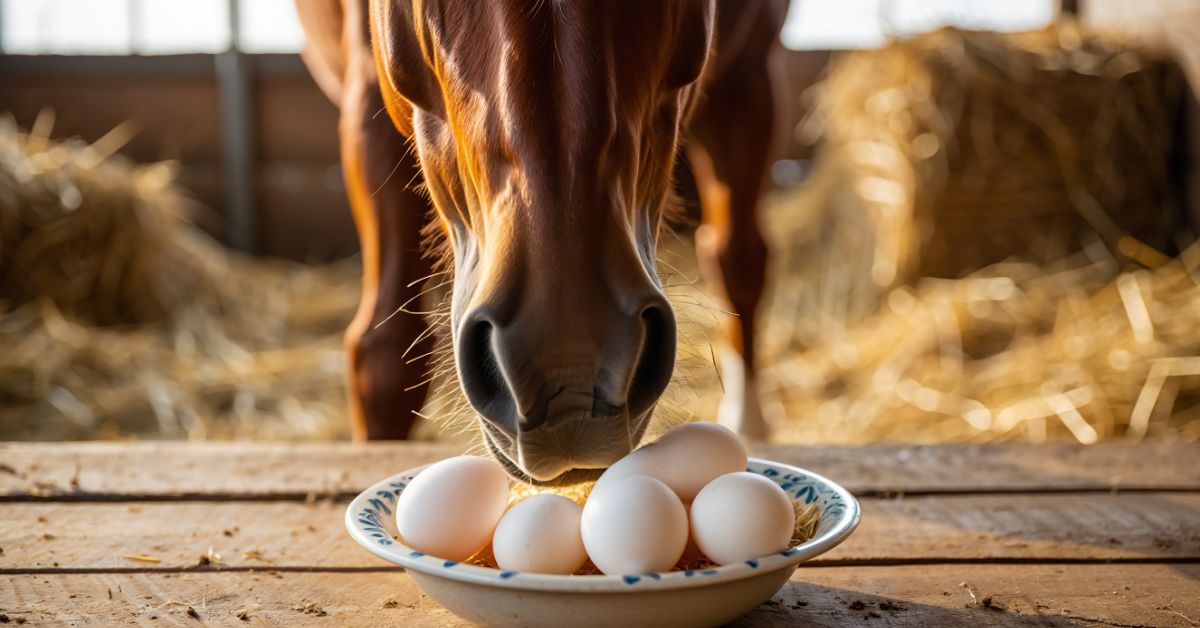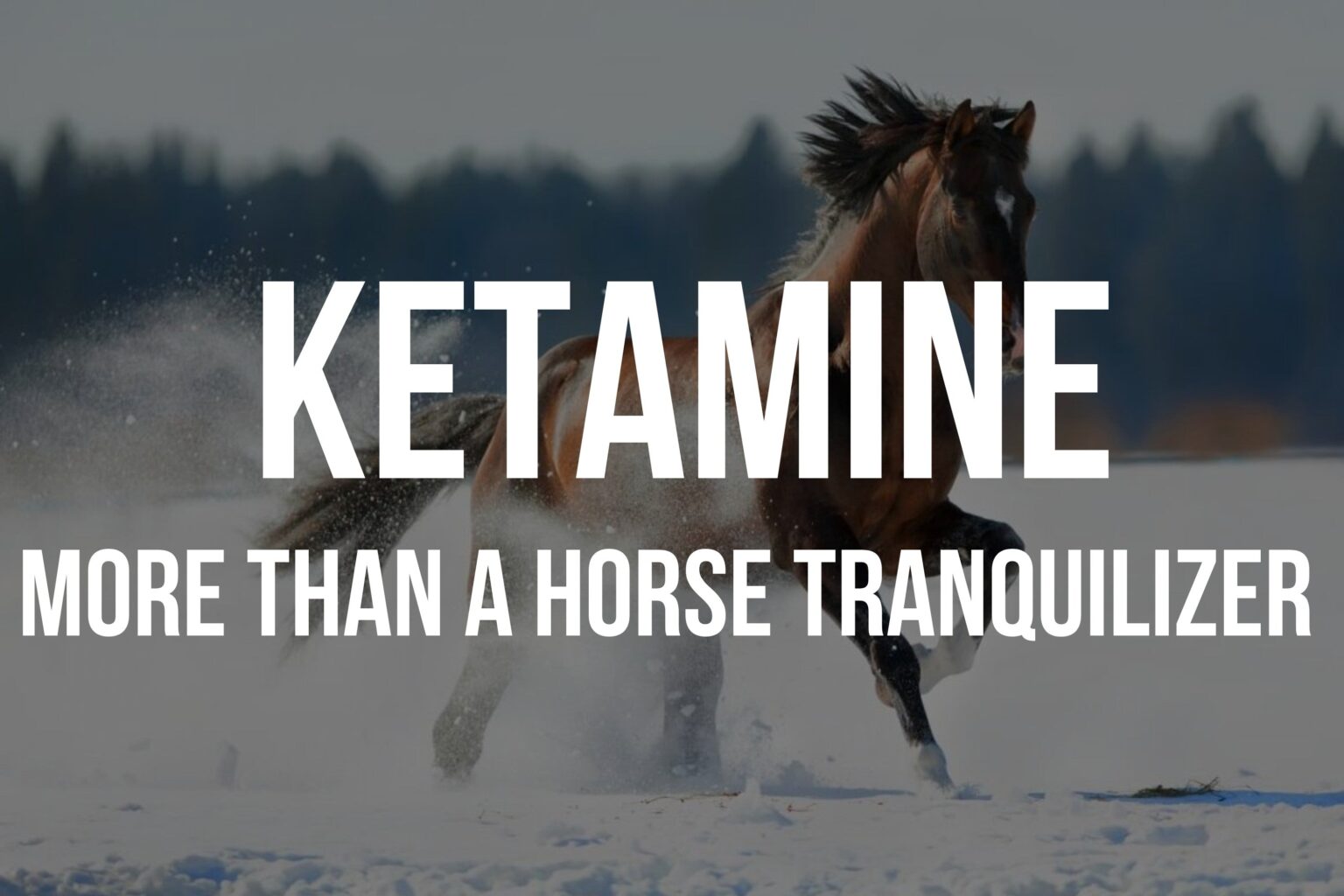
Is Ketamine Really Just a Horse Tranquilizer?
Ketamine has developed a reputation as a “horse tranquilizer” due to its early veterinary uses. However, the story of this drug extends far beyond the equine world. While ketamine is sometimes used to sedate large animals like horses, it also has several medical applications in humans. Examining ketamine’s full history makes it clear that calling it simply a horse tranquilizer is inaccurate.
A Brief History of Ketamine
Ketamine was first synthesized in 1962 by scientist Calvin Stevens. Working for the pharmaceutical company Parke-Davis, Stevens was searching for a safer anesthetic alternative to phencyclidine (PCP). Parke-Davis marketed ketamine as Ketalar when it was approved for human use by the FDA in 1970.
From the start, ketamine was used in human and veterinary medicine. Given its ability to induce anesthesia, ketamine became a common veterinary anesthetic, especially for large animals that were difficult to sedate like horses. Since just a small amount of ketamine could tranquilize a horse, this became one of its main veterinary purposes.
However, ketamine also quickly gained popularity in human medicine. It induced a trance-like dissociative state and offered pain relief, so it was used for surgical anesthesia. Ketamine’s anesthetic effects also made it helpful for burn victims or in battlefields when other anesthetics weren’t available.
In the 1990s, ketamine emerged as a club drug due to its dissociative, hallucinogenic effects at high doses. This led to its reputation as a “party drug.” Today, ketamine is being studied as a promising treatment for depression, PTSD, and other mental health conditions.
➤ Also Read: Can horses eat celery? The Definitive Guide for Horse Owners
Is Ketamine Used to Tranquilize Horses?
Yes, ketamine is one of the most common veterinary anesthetics used to sedate horses and other large animals like cattle. A small dose of just 2-4 mg/kg can induce anesthesia in a horse for minor procedures.
Due to its strength, safety, and ease of administration, ketamine is widely used by equine veterinarians. It allows procedures like dental work, wound treatment, and diagnostic imaging to be performed on an anesthetized horse. The effects wear off within 30-60 minutes.
Ketamine isn’t just used for minor procedures either. Higher doses allow horses to undergo surgery with ketamine-only anesthesia. Combining it with other sedatives like xylazine can extend the anesthetic effects.
So in veterinary settings, ketamine certainly lives up to its reputation as a reliable horse tranquilizer. But this isn’t the only medical use for this drug.
Enhance your look with our refined collection of horse-inspired jewelry and accessories! Adorn yourself with a stunning Gold Horseshoe Necklace or show off your love for horses with elegant Horse Earrings. Add a unique touch with our stylish Horseshoe Earrings or complete your look with a beautiful Horse Bracelet. For a statement piece, consider our eye-catching Horse Brooch, or keep time in style with a sophisticated Horse Watch. Shop now and discover the perfect accessory to showcase your equestrian passion!
Other Medical Uses of Ketamine
While ketamine is well-known as a veterinary anesthetic, it has several medical applications in humans too. Some of ketamine’s other uses include:
- Surgical anesthesia – In human medicine, ketamine is valued for its ability to induce anesthesia rapidly while maintaining breathing and blood pressure. It can be used for short surgical procedures or combined with other anesthetics.
- Pain relief – At sub-anesthetic doses, ketamine provides effective pain relief. It’s especially useful for severe acute pain like burns.
- Procedural sedation – Ketamine combined with a benzodiazepine induces a dissociative, trance-like state that is useful for painful emergency department procedures like wound treatment or orthopedic manipulation.
- Depression – At low doses, ketamine displays rapid anti-depressant effects, so it’s being studied as a depression treatment.
- PTSD – Small doses of ketamine reduce PTSD symptoms, making it a promising treatment for PTSD patients.
As you can see, ketamine has many medical applications beyond just tranquilizing horses. While it is a common veterinary anesthetic, limiting its description to just a “horse tranquilizer” overlooks the significant benefits ketamine offers in human medicine too.
Is All Medicinal Ketamine Diverted From Veterinary Use?
Since ketamine is associated with veterinary medicine and is a controlled substance, some people assume that medicinal ketamine in humans comes from veterinary settings. However, the ketamine used medically in humans today is produced by pharmaceutical companies specifically for human use.
Pharmaceutical ketamine comes in liquid form at concentrations intended for injections or nasal sprays in humans. The doses, concentrations, and administration methods used in human medicine differ from those used on horses and require specially-formulated ketamine preparations.
In the past, there were cases of ketamine being diverted from veterinary clinics for recreational use. But fortunately, this drug diversion is rare today. While veterinary ketamine previously contributed to the recreational supply, today’s non-medical use mainly comes from foreign or illicit labs, not medical sources. Proper regulations in veterinary medicine have helped reduce diversion.
So while ketamine’s history is intertwined with veterinary medicine, the ketamine used in human medicine does not typically get diverted from animal purposes. The forms intended for humans are made specifically for our benefit.
Conclusion: Ketamine is Much More Than a Horse Tranquilizer
Ketamine’s early use as a veterinary anesthetic, especially for horses, contributed to its ongoing reputation as just a “horse tranquilizer.” However, limiting ketamine to this narrow description is neither accurate nor does justice to this drug’s diverse medical benefits.
While ketamine is undoubtedly a safe, effective veterinary anesthetic, it also has widespread uses in human medicine. From surgical anesthesia to depression treatment and pain relief, ketamine offers therapeutic effects independent of its veterinary origins. Considering its many medical applications, it’s clear that ketamine is so much more than just a horse tranquilizer.
Frequently Asked Questions
Is ketamine used on horses?
Yes, ketamine is commonly used by veterinarians to anesthetize horses for procedures. A small dose can induce short-term anesthesia.
How much ketamine does it take to tranquilize a horse?
Just 2-4 mg/kg of ketamine can induce surgical anesthesia for about 30-60 minutes in an adult horse. Higher doses prolong the effects.
Is ketamine only used on horses? No, while horses are one common veterinary use, ketamine is also used to anesthetize cattle, sheep, goats, pigs, dogs, cats, and other animals.
Is medical ketamine diverted from veterinary supplies? In the past, some ketamine was diverted from veterinary uses, but today’s human medicinal supplies are manufactured specifically for human application. Proper regulations have reduced veterinary diversion.
Does ketamine have benefits in human medicine? Yes, ketamine has many uses in humans including surgical anesthesia, treatment of depression and PTSD, procedural sedation, pain relief, and more.
